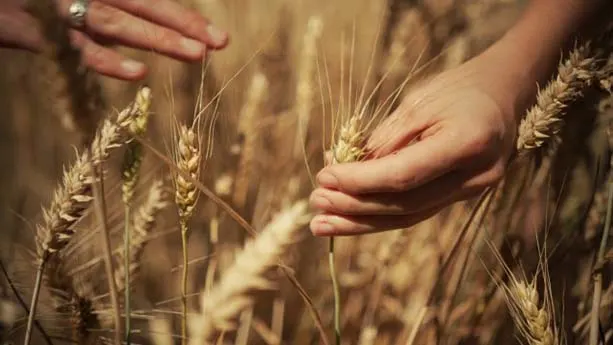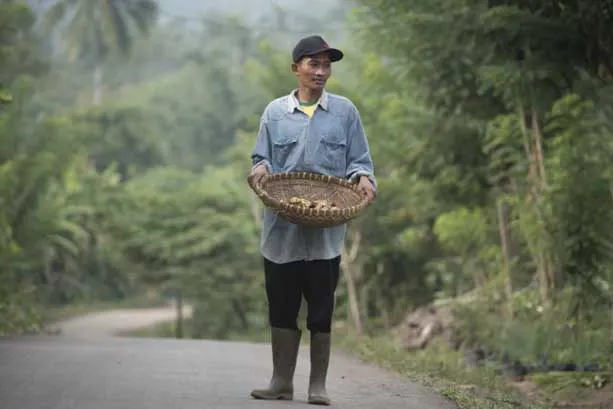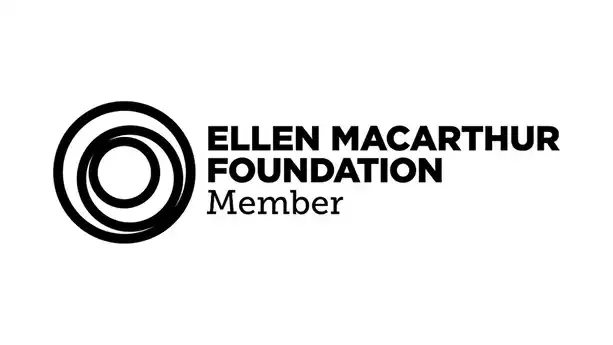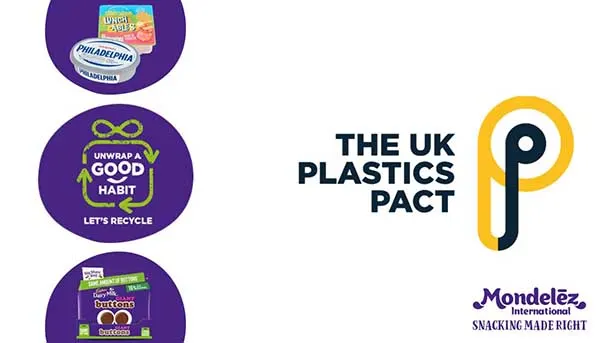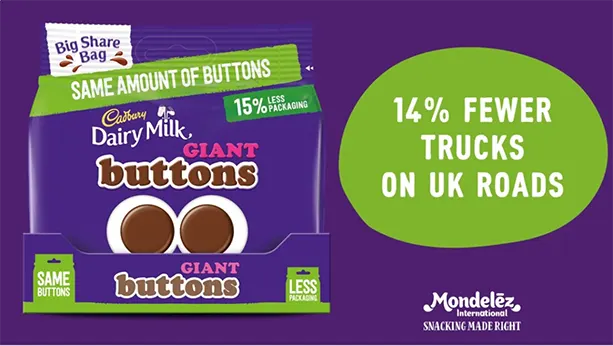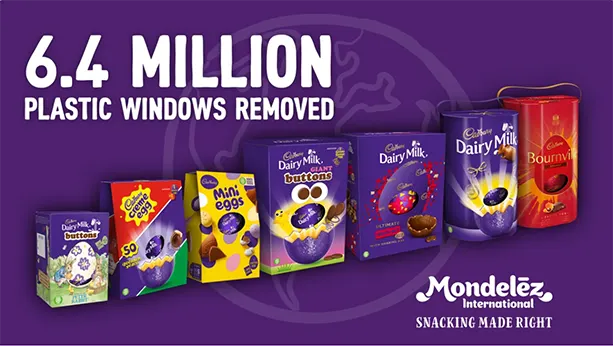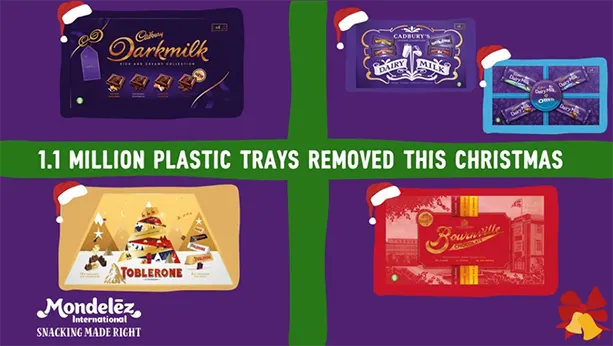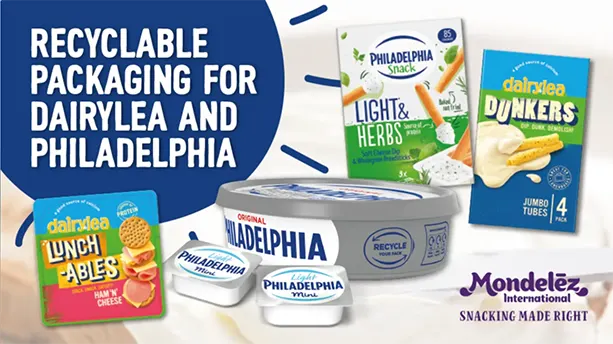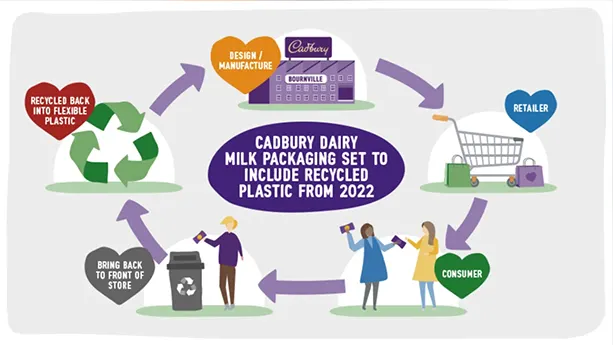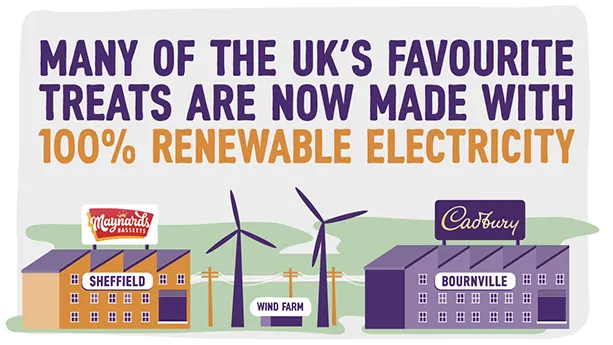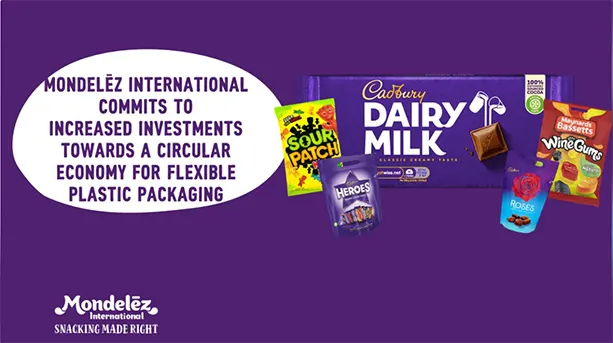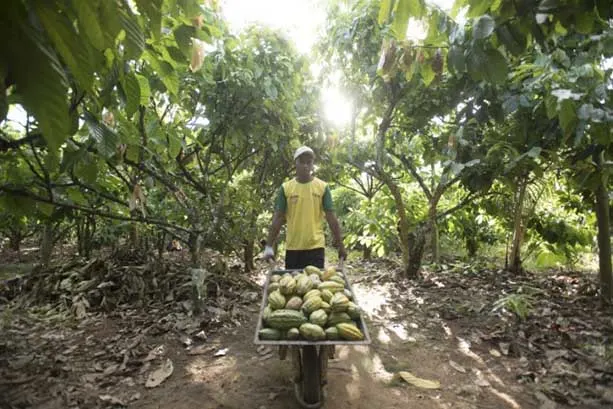ESG
Our Sustainability Strategy
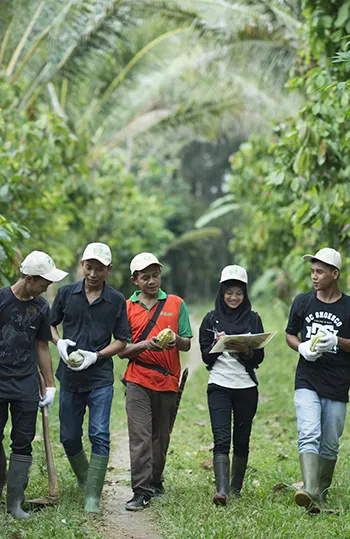
Our business is dependent on a high-quality supply of agricultural crops such as cocoa, wheat and other commodities which help create our products.
Through our Cocoa Life programme, we are transforming our cocoa supply chain, investing $400 million USD by 2022 to empower at least 200,000 cocoa farmers and reach one million community members. This effort builds on the Cadbury Cocoa Partnership, which was founded in Ghana in 2008. It's all part of our commitment to ensure a sustainable future for chocolate.
Cocoa Life helps communities thrive in six key cocoa-growing origins―Ghana, Côte d'Ivoire, Indonesia, India, the Dominican Republic and Brazil. We are helping them gain knowledge and skills to improve their livelihoods, strengthen their communities and inspire the next generation of cocoa farmers.
Harmony is our programme for sustainable wheat farming - a partnership with local farmers located as close as possible to our biscuit factories. The Harmony farmers receive a premium to apply our Harmony Charter, to grow wheat in a sustainable way that helps prevent the usage of pesticides and fertilizers, preserve water and soil, and reduce carbon emission. The Harmony charter also contains specific practices to enhance biodiversity.

Our aim is to make a positive impact on the world and the communities where we do business. We are committed to using less energy, water and waste to reduce our environmental footprint.
In the UK many of the nation's favourite treats at six of our production sites now purchase 100% renewable energy including at Bournville - the heart of Cadbury. This transition can offset the equivalent of 2,900 people’s annual CO2 emissions.
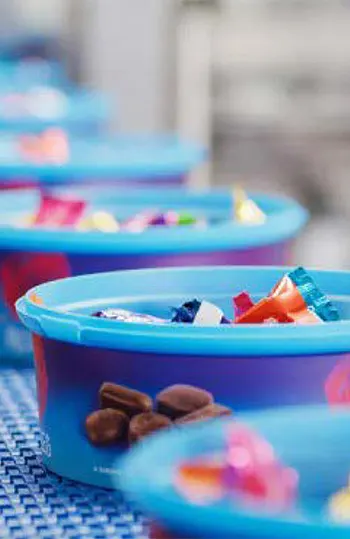
We are committed to reducing the environmental impact of our packaging, whilst keeping our products safe to enjoy and ensuring our consumers can responsibly dispose of it. In the UK, our ‘pack light and right’ programme looks to reduce our use of packaging, redesign our packaging to be recycle ready and increase recycled content, whilst providing consumers with recycling information and investment into the UK waste infrastructure to ensure a circular economy.
In the UK we have already removed 6.4 million plastic windows from our Cadbury Easter inclusion shell eggs, 1.1 million plastic trays from our Cadbury adult Christmas selection boxes and 487 tons of polystyrene from our meals range, moving into widely recycled PET plastic for Philadelphia Mini Tubs and Handi Snacks packaging.
Our Dairylea range already uses 75% recycled PET and we have announced moves to include recycled plastic in our Philadelphia tubs and Cadbury Diary Milk sharing tablets from 2022. We are members of OPRL – the most recognised recycling label in the UK, which is visible across many of our brands.
To further develop our long-term visions for net zero waste packaging, we are founding members of the Flexible Packaging Initiative - committed to increasing investment and support for public policy interventions to accelerate the transition toward a circular economy for flexible packaging. As part of this initiative, we are proud to be founding members of The Flexible Plastic Fund with £1 million to improve recycling rates of flexible plastic within the UK.
We are members of the UK Plastic Pact, acknowledged in their annual reports as we continuously making progress towards the pact goals alongside our own.
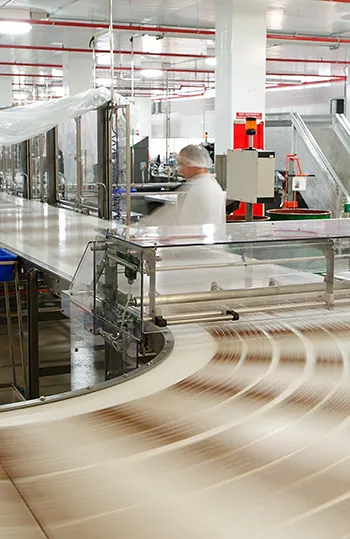
Our company is committed to respect the rights and wellbeing of the people who live and work in the communities we touch. From the farming communities where we source our raw materials through to the factories we manufacture our snacks, we will stand up for the rights of everyone across our value chain.
We follow the United Nations Guiding Principles on Business and Human Rights as a framework to guide our approach to identify and address risks, and to disclose our progress. Our Human Rights Working Group defines our human rights due diligence strategy and drives its implementation throughout our organization. The Board has ultimate accountability for governance. Business units manage human rights issues in operations and with local suppliers; global functions manage them across supply chains. We work with a range of expert external advisors to help us assess and strengthen our approach, including TwentyFifty, Embode and our Cocoa Life External Advisory Board.
Forced and child labor are critical issues in our sector and we are addressing them head on. They are the consequence of several complex socioeconomic challenges and we are taking a stand and addressing them through our sustainable cocoa sourcing program Cocoa Life, our Palm Oil Action Plan, and collective action within the International Cocoa Initiative and the Consumer Goods Forum.
